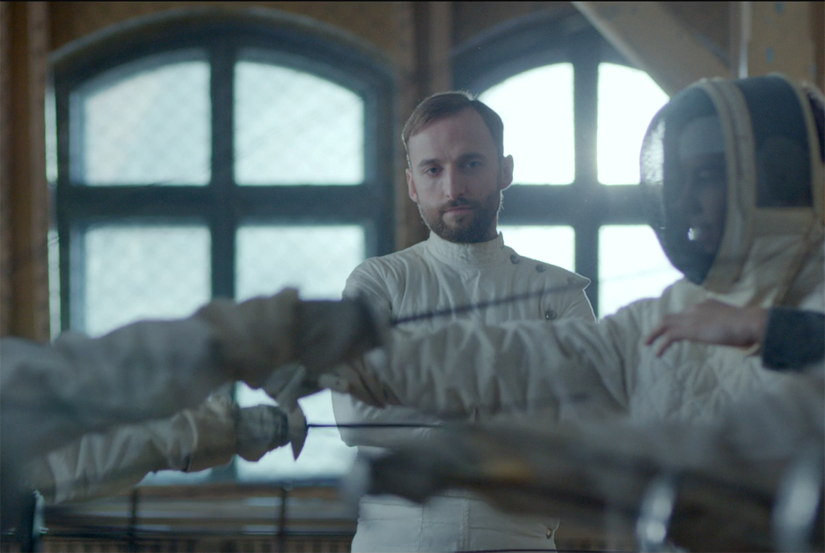
- Film
Foreign Film Submissions, 2015: The Fencer (Finland)
Part of the Hollywood Foreign Press Association’s mission is to foster greater understanding through world cinema. This year 72 Foreign Language films were submitted for Golden Globes consideration. Here is an overview of one of them.
Klaus Härö was born in Finland in 1971. His filmography includes Elina, the Finnish entry to the Academy Awards in 2002. ”I became a movie freak when I was 11 years old, when I watched ET, the Extra Terrestrial", Härö says." I remember thinking if one can do such a thing, engaging people like that with a movie; I want to work in that industry. The same year, I remember reading an article about ET as a nominee to the Golden Globe Awards. I was a young boy, but I really wondered what could the Golden Globes be…?”
His latest effort, The Fencer could take him a lot closer to that experience. “(It) takes the viewers to the time of the cold war,” he says of his film, “the time of Mr. Stalin, in Soviet Estonia. Those Estonian fathers, who did not die in the war have now been captured by Stalin’s men. Their children basically have to go to school and play on their own … mothers must work at least two jobs, and the children stay with the grandparents or just together.”
“Into a scene and setting like that, the children of a school in a small village receive a new teacher. It is quite clear that it was not the man’s wish to come and teach the young children physical education, but there he is. Soon, we learn that the new teacher really is a professional fencer … and things change … The Fencer is based on actual facts; it is a warm tale about the children and their teacher at very difficult times in Estonia.”
Härö’s says what he really strives for in his work is to give the audience something that they can feel … something that a viewer can see happening to other people, just like what has happened to him or her. It gives the feeling of not being alone in this world, or in this universe. “Yes, I hope that when a person has seen one of my movies, he or she can come out from the theater and think the film was a gift. It was something to think about, something to learn and share.”
Erkki Kanto